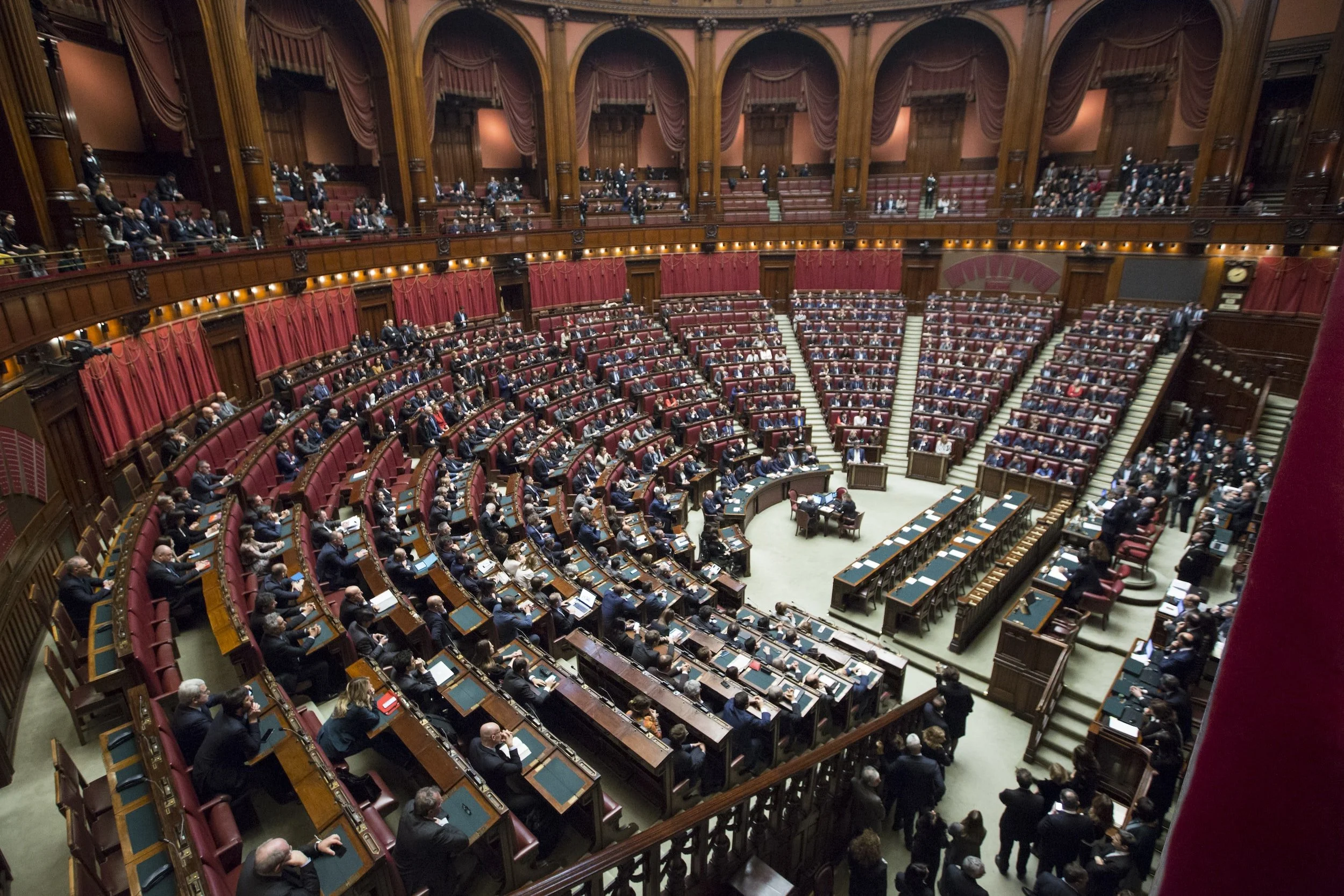FOREIGN POLICY
The war in Ukraine has raged for nearly a year and a half and as we enter the muddy season where the offensives will evidentially die down, it seems like this a good moment for reflection. Despite the conflict’s costs in blood and treasure, this war is greatly beneficial to the United States and the Western order.
Foreign policy is often thought of as a realm of politics and diplomacy that is far removed from the daily lives of ordinary citizens. However, the decisions made by governments in their foreign policy can have a profound impact on our daily lives, whether we realize it or not.
The question of whether a country should pursue a policy of isolationism or internationalism has long been debated by politicians, policymakers, and citizens alike. In this post, we will explore the advantages and disadvantages of both isolationism and internationalism and consider the implications of each for global relations and national security.
In recent years, the Chinese government has been promoting its One Belt, One Road (OBOR) initiative as a key strategy for expanding China's global influence and promoting economic growth. In this blog, we will provide an overview of the OBOR initiative and examine its goals and implications for China and the wider world.
The Quadrilateral Security Dialogue, commonly known as the Quad, is a strategic partnership between the United States, Japan, Australia, and India. The Quad was established in 2007 as an informal dialogue among the four countries to discuss security and economic issues in the Indo-Pacific region. However, the Quad disbanded soon after due to disagreements among the member countries. In 2017, the Quad was revived, and it has since become a significant force in the region, aimed at promoting a free, open, and inclusive Indo-Pacific.
Since the invention of nationalism in the late 18th century - early 19th century, the world has primarily known nation states - particularly in what we call the “West”. Some cite the American or French revolutions as its beginnings, which certainly became a powerful tool for unity and mobilization. However, times are changing and I predict a new age is dawning or has already begun. Civilization States will be the dominant form of political alignment for the foreseeable future.







